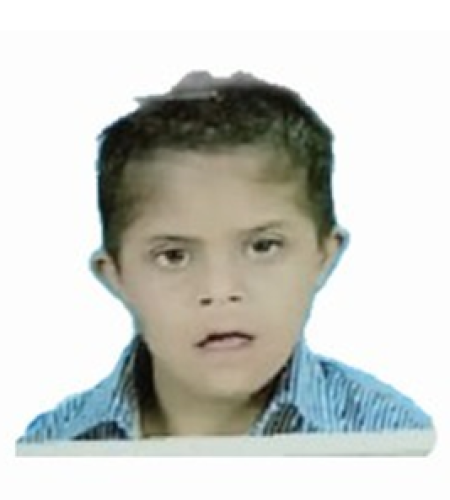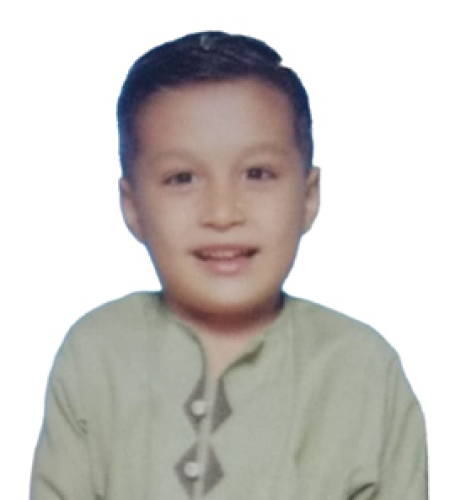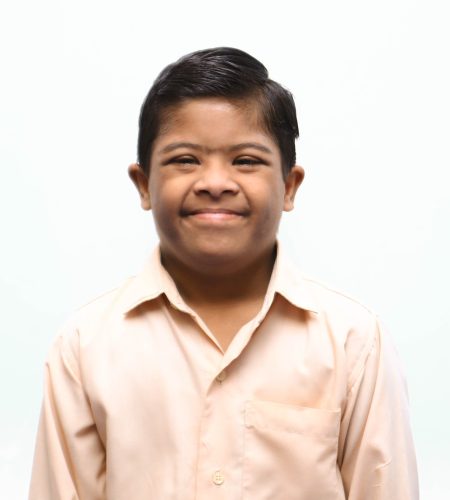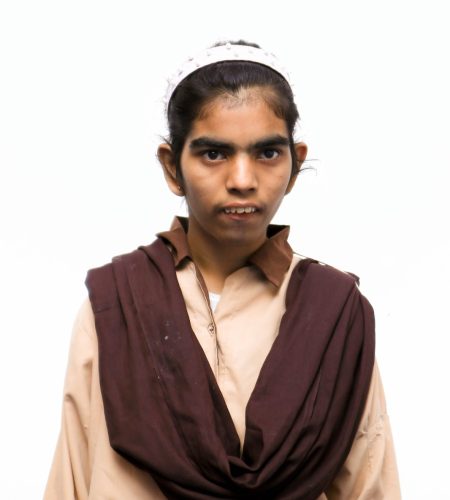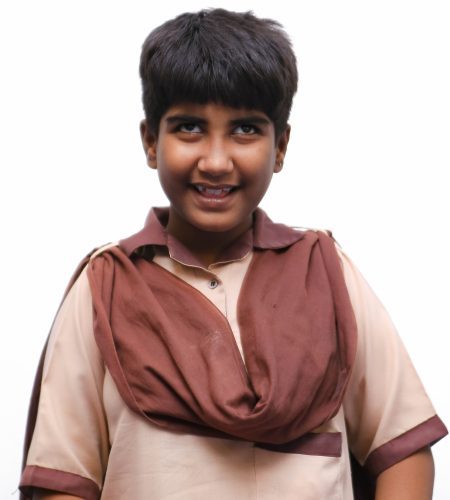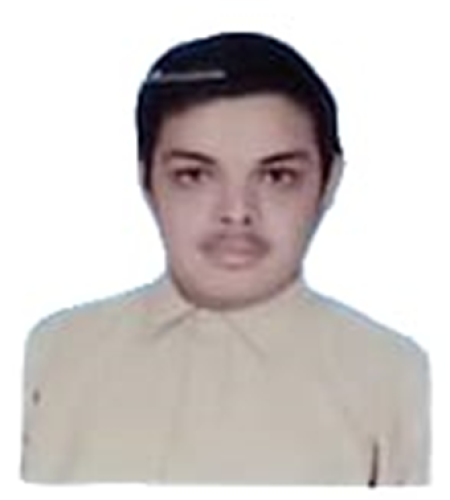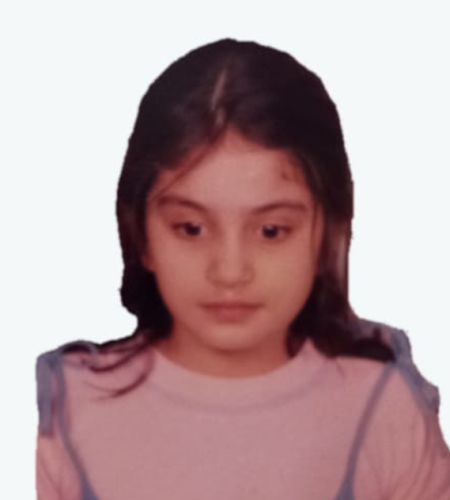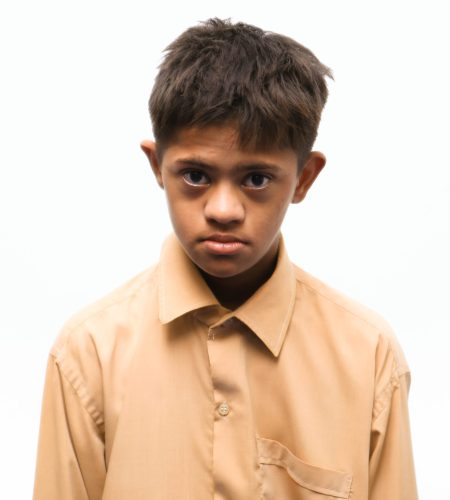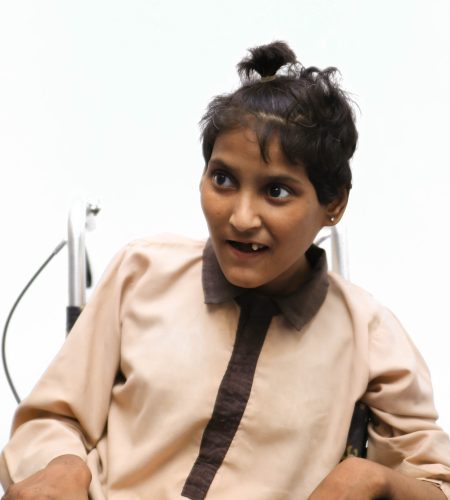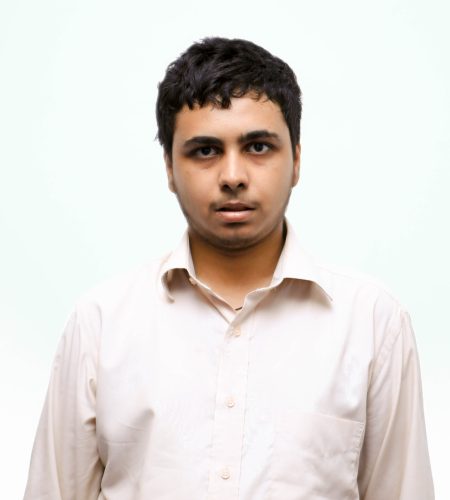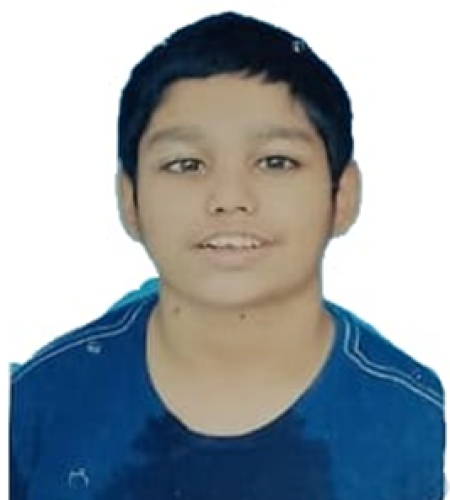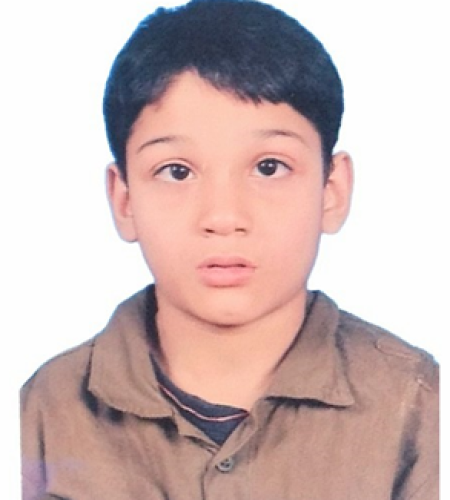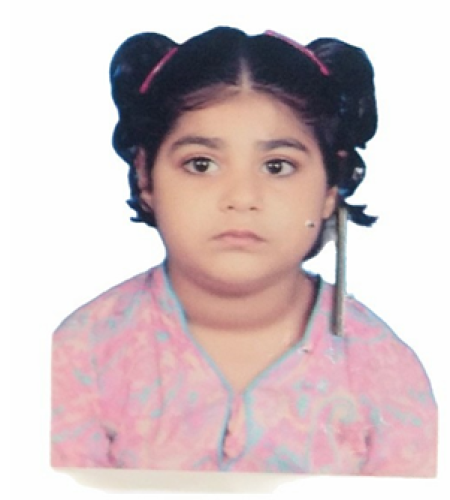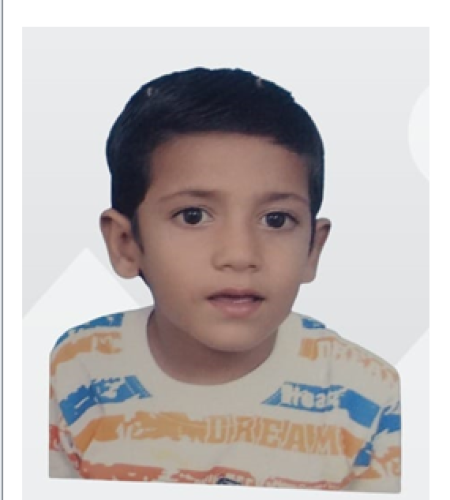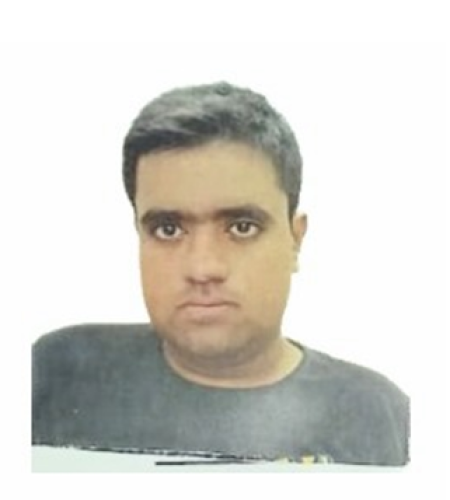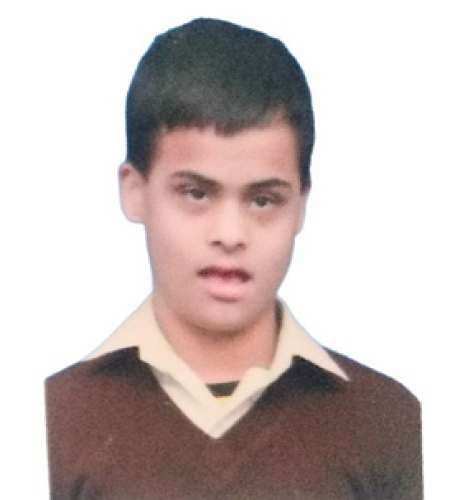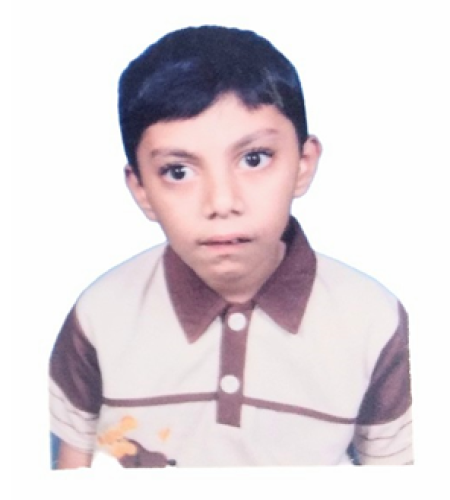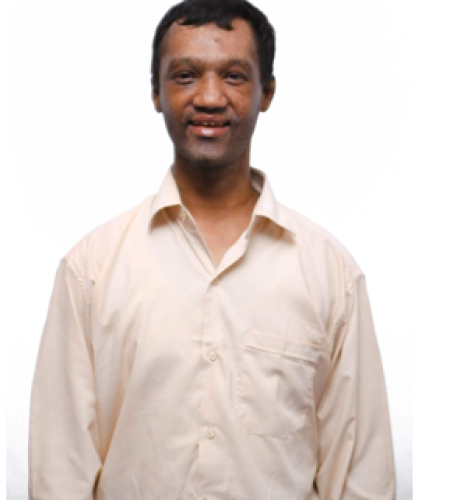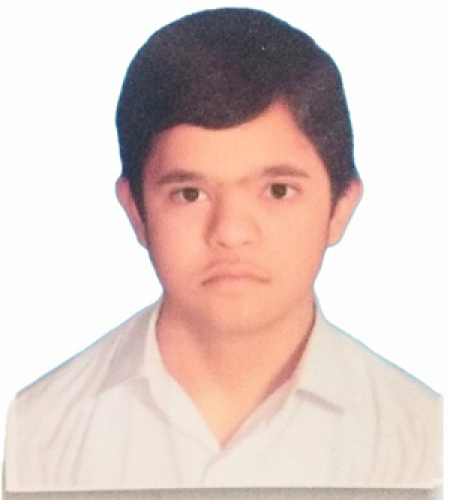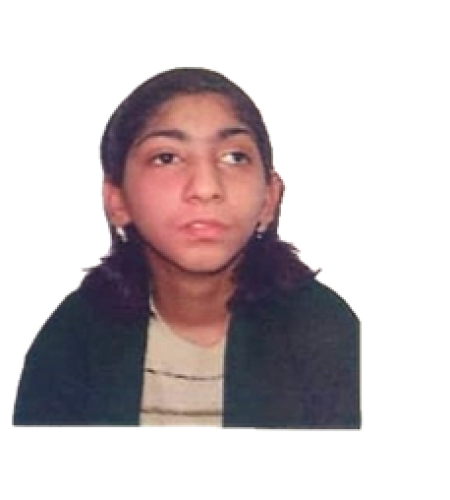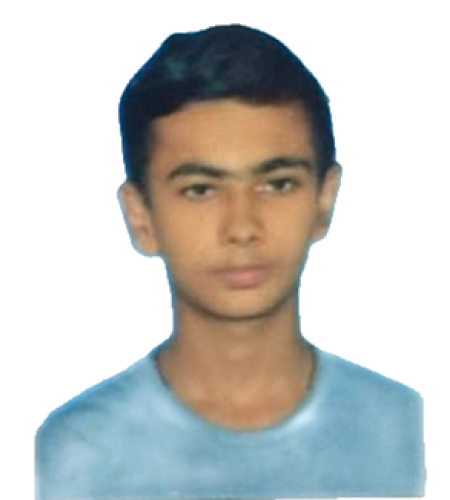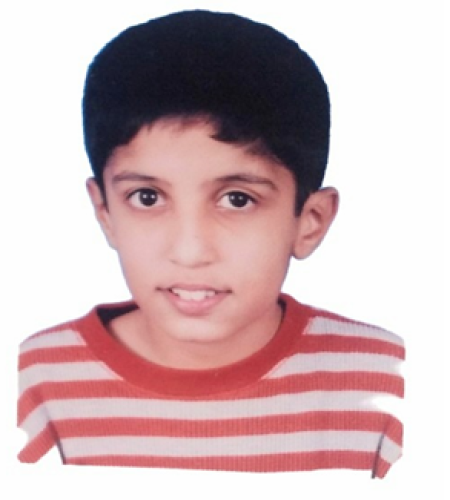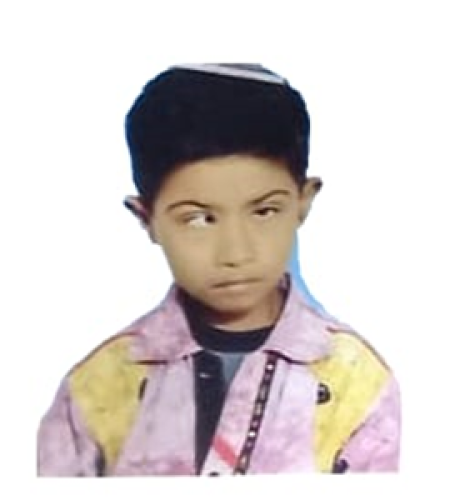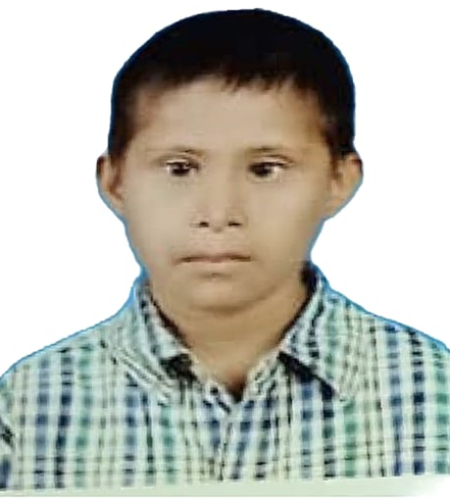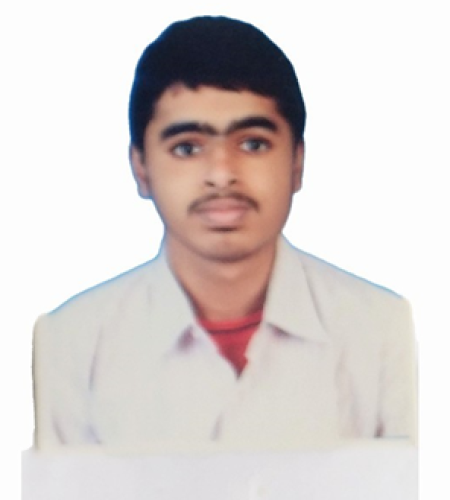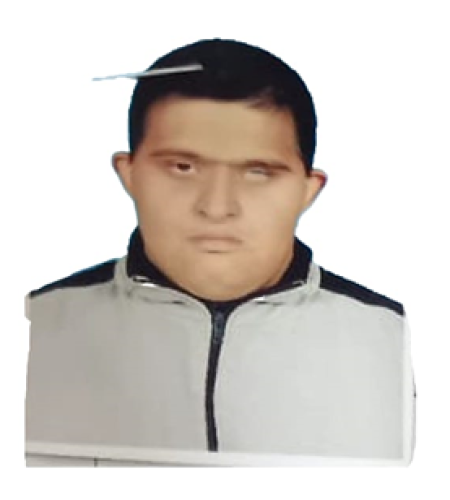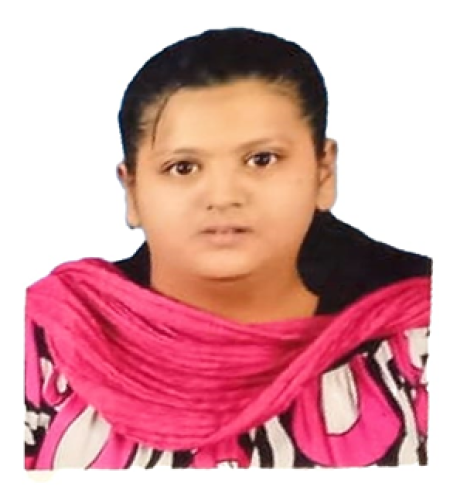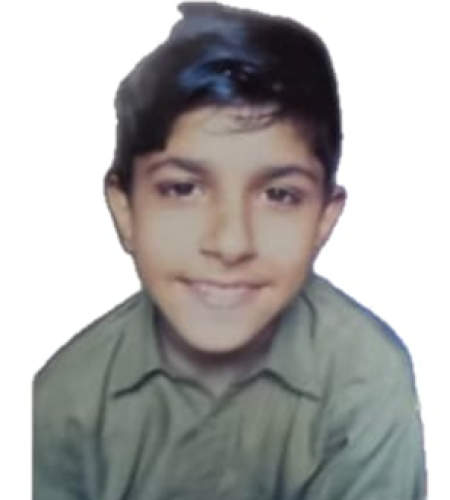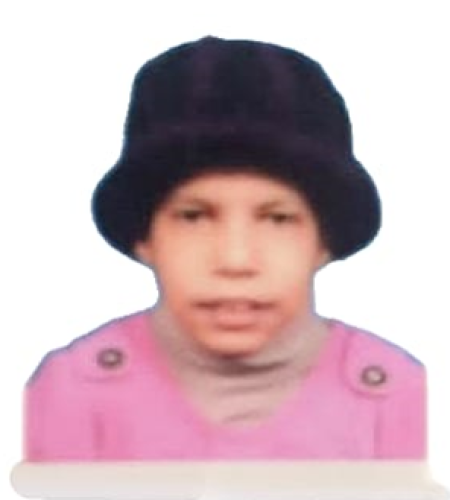Donate for the
Under privileged
Children's
Do not think come forward and make a part of our organization, and help the helpless and save lives of poor.
Our mission is to provide vehicles to families of these special children to give them a chance to have the normal experiences that every child has, growing up as a kid
Finding solutions to change the future for kids and the next generation.
Make a lasting impact for children with disability
You can sponsor via”Donote Now” button below or Zelle to 713-724-4755.
Give4Needy Foundation
The Give4Needy Foundation is a U.S. non-profit 501(c)(3) organization that provides volunteer & financial support to disabled kids and to promote education for under privilege children in early education as well as in higher studies.
This project will work forward breaking the cycle of poverty through by providing high quality education to under privilege children.
When you sponsor a child for $50 a month, you’ll help empower that child.
Funds donated is used to address any and all kinds of issues in assisting children with disabilities. By providing Education, Physical therapy, Speech therapy, Occupational therapy, Vocational therapy, Behavior Modification, Music therapy, Psychiatrist and Doctor visits at AlRozan. We provide free pickup/drop to children from their door step and provide assistance to families, together we are able to give special children and their families the resources they need to grow.
Volunteers In 2021
Childern We Helped In 2021
Funds We Collected
Help The Needy With ARozan Organization
About Rozan
A child with Intellectual Disability can do well in school but is likely to need individualized help. Fortunately, states are responsible for meeting the educational needs of children with disabilities.
For children up to age three, services are provided through an early intervention system. Staff work with the child‘s family to develop what is known as an individualized family services plan, or IFSP. The IFSP will describe the child’s unique needs. It also describe the services the child will receive to address those needs. The IFSP will emphasize the unique needs of the family, so that parents and other family members will know how to help their young child with Intellectual Disability.
Aim and Objective
1. To face the challenges of current society problems such as mentally, emotionally, psychological and self care problems by giving better education and by providing intensive care.
2. To educate people about upcoming problems of special children for improving positive thinking about these issues.
3. To inform and provide helping needs to the parents for finding solution, and immediate step about special children need and problems.
4. To provide better education according to the needs of society and to follow the mental approach of Student so that they survive and face the ups and downs of the society.
Our Services
Speech therapy
We offer personalized and effective speech and language therapy services to individuals of all ages. Our goal is to facilitate success in each individual’s ability to communicate. Our multi-sensory sound labs include vibrating floors, digital percussion equipment, as well as specialized computer programs for building language and communication skills.


Occupational therapy
We offer personalized and effective speech and language therapy services to individuals of all ages. Our goal is to facilitate success in each individual’s ability to communicate. Our multi-sensory sound labs include vibrating floors, digital percussion equipment, as well as specialized computer programs for building language and communication skills.
Physiotherapy
We offer personalized and effective speech and language therapy services to individuals of all ages. Our goal is to facilitate success in each individual’s ability to communicate. Our multi-sensory sound labs include vibrating floors, digital percussion equipment, as well as specialized computer programs for building language and communication skills.
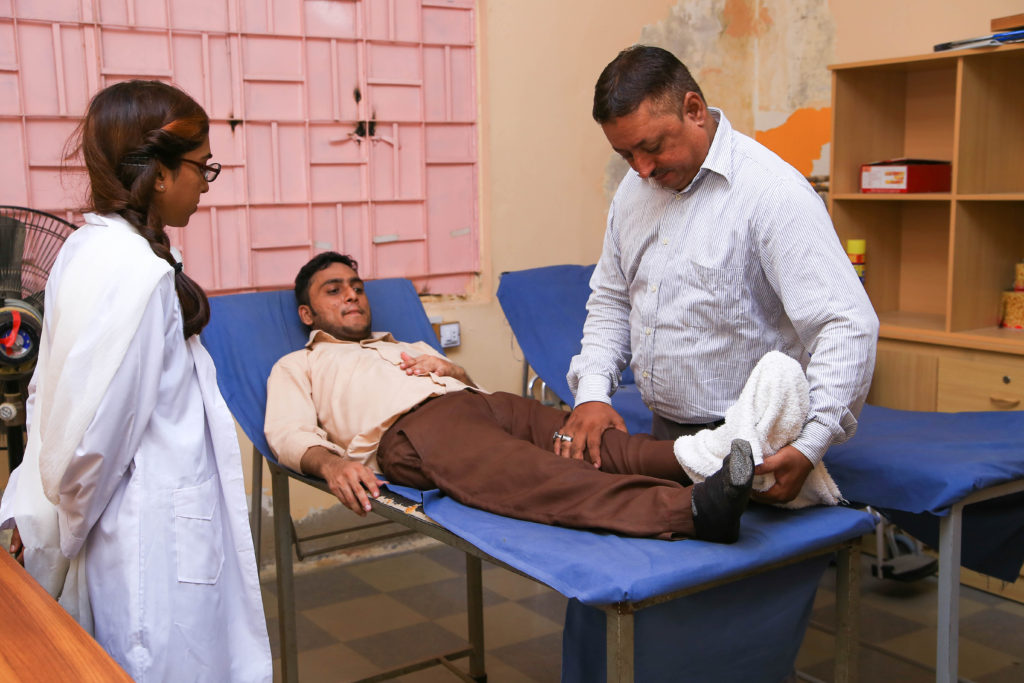
Acdamics
Behaviour Modification
Behavior modification is defined as “the alteration of behavioral patterns through the use of such learning techniques as biofeedback and positive or negative reinforcement.” More simply, you can modify your child’s behavior with positive consequences and negative consequences. Behavior modification is based on the idea that good behavior should lead to positive consequences and bad behavior should lead to negative consequences.


Computer Information
Millions of students across the World cannot benefit fully from a traditional educational program because they have a disability that impairs their ability to participate in a typical classroom environment. For these students, computer-based technologies can play an especially important role. Not only can computer technology facilitate a broader range of educational activities to meet a variety of needs for students with mild learning disorders, but adaptive technology now exists than can enable even those students with severe disabilities to become active learners in the classroom alongside their peers who do not have disabilities.
DONATION
Our donation can be the ultimate support for Needy ones. They can get limitless access to education, a proper health care, life skills and confidence to perform in their lives like normal humans.
Together we can make their world better and brighter
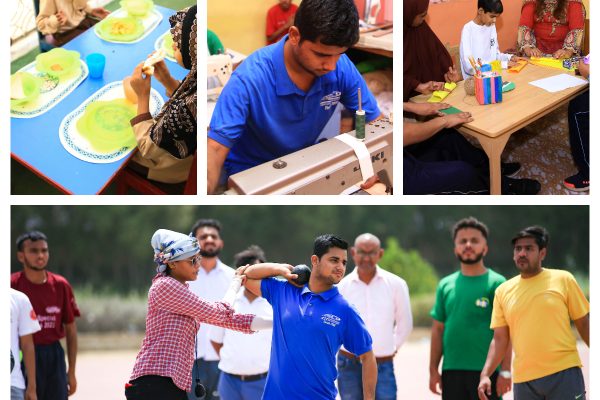
Success Stories

Alia Zainab
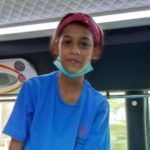
Mariam Nadim
Our Volunteers
- Michael Parviaz Anthony
- Gohar Samoon
- Mehjabeen
Have Any Question
+92 (300) 227 5147

